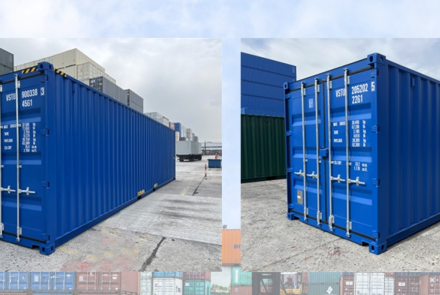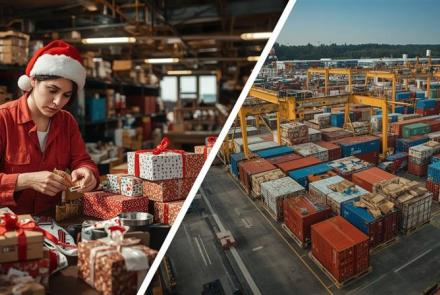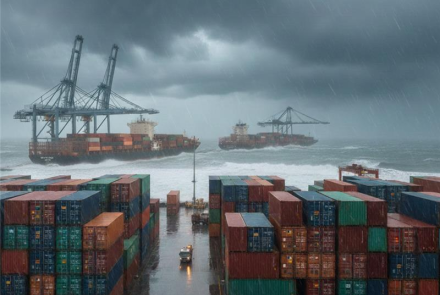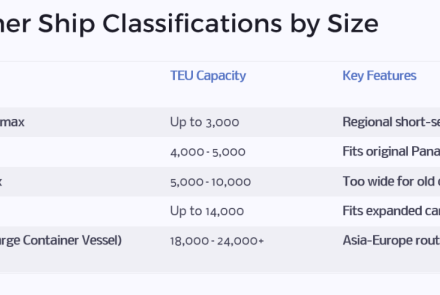A “Vessel Traffic Service” (VTS) is a shore-based marine traffic management system implemented by a competent authority to monitor vessels in real-time to enable the safe and smooth management of traffic in a specified maritime area. It performs tasks similar to air traffic control systems for aircraft. VTS checks the position of vessels and detects situations that pose danger to the vessel crew and the environment. VTS aims to improve the safety of navigation in and around the ports and its approaches. It is governed by SOLAS (Safety of Life at Sea) Chapter V Regulation 12 along with the guidelines for Vessel Traffic Services, and came into force on 1 July 2002.
BLOGS

 /An Officer on Watch (OOW) is a deck officer delegated the job of watch-keeping and navigation from a ship’s “bridge”. Situated at the top of a vessel is the ‘bridge’ which is also known as the Command Centre, and from where all communication is transmitted and received. While keeping a watch from the bridge, the Officer on Watch functions as a representative of the ship’s master and is accountable for the safe navigation of the ship.
/An Officer on Watch (OOW) is a deck officer delegated the job of watch-keeping and navigation from a ship’s “bridge”. Situated at the top of a vessel is the ‘bridge’ which is also known as the Command Centre, and from where all communication is transmitted and received. While keeping a watch from the bridge, the Officer on Watch functions as a representative of the ship’s master and is accountable for the safe navigation of the ship.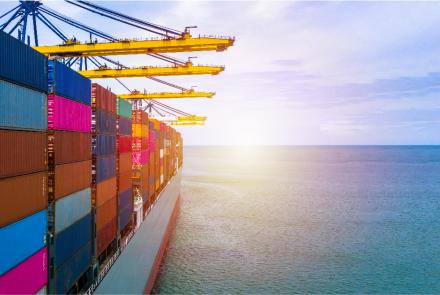 /The shipping industry, which is the mainstay of world trade and commerce, is no exception to the new trends happening in the world. They are at the forefront of adopting state-of-the-art technologies and resources to stay competitive and meet the demands of a flourishing consumer class population which is benefitting enormously from globalization. International shipping has helped open up the world economy, enabling the unrestricted movement and exchange of commodities among nations. It’s a gigantic and complex industry ever under pressure to exploit the new digital technologies, raw materials and fuels.
/The shipping industry, which is the mainstay of world trade and commerce, is no exception to the new trends happening in the world. They are at the forefront of adopting state-of-the-art technologies and resources to stay competitive and meet the demands of a flourishing consumer class population which is benefitting enormously from globalization. International shipping has helped open up the world economy, enabling the unrestricted movement and exchange of commodities among nations. It’s a gigantic and complex industry ever under pressure to exploit the new digital technologies, raw materials and fuels.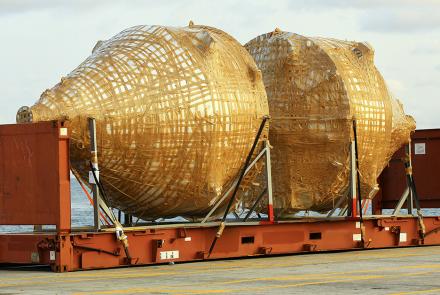 /We are all rather familiar with the appearance, dimensions and uses of the standard dry shipping containers and reefers. As we know, standard containers are closed on all sides and equipped with a door on the front side. But wouldn’t you be interested to know that there’s yet another type of container called “Flat Rack Containers”?
/We are all rather familiar with the appearance, dimensions and uses of the standard dry shipping containers and reefers. As we know, standard containers are closed on all sides and equipped with a door on the front side. But wouldn’t you be interested to know that there’s yet another type of container called “Flat Rack Containers”?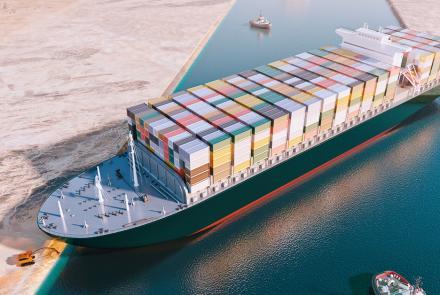 /Opened in 1869, the Suez Canal took 10 years to construct. 12% of world commercial trade and 2.5% crude oil passes through the Suez Canal each day. 50 ships pass through the canal every day. 1.03 billion tons of cargo passed through the canal in 2019. The Suez Canal is one of the most crucial waterways in the world strategically and economically.
/Opened in 1869, the Suez Canal took 10 years to construct. 12% of world commercial trade and 2.5% crude oil passes through the Suez Canal each day. 50 ships pass through the canal every day. 1.03 billion tons of cargo passed through the canal in 2019. The Suez Canal is one of the most crucial waterways in the world strategically and economically.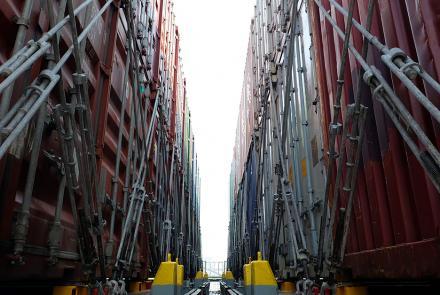 /In 2019, the shipping industry carried 226 million containers across the globe with cargo valued at over US$4 trillion. It’s interesting to observe that between 2008 and 2019, on average1382 containers, sank into the sea every year due to stack collapses. This brings us to the question – What causes container collapses, and how can we exercise better control over such incidents?
/In 2019, the shipping industry carried 226 million containers across the globe with cargo valued at over US$4 trillion. It’s interesting to observe that between 2008 and 2019, on average1382 containers, sank into the sea every year due to stack collapses. This brings us to the question – What causes container collapses, and how can we exercise better control over such incidents?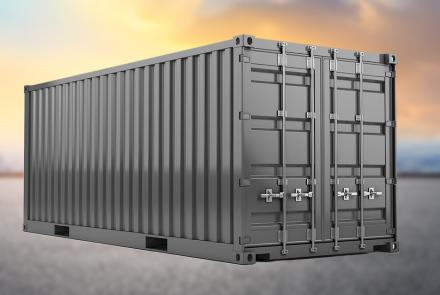 /Think of a scenario where a container owner places his empty containers at another location without having to incur the usual freight charges that would apply for empty container repositioning. Will this not sound profitable to the container owner? Well, this is indeed what is achievable when a container-owning company transports containers as “One-way containers” and “One-trip containers” to other locations. Let’s go a little deep to understand how this works.
/Think of a scenario where a container owner places his empty containers at another location without having to incur the usual freight charges that would apply for empty container repositioning. Will this not sound profitable to the container owner? Well, this is indeed what is achievable when a container-owning company transports containers as “One-way containers” and “One-trip containers” to other locations. Let’s go a little deep to understand how this works.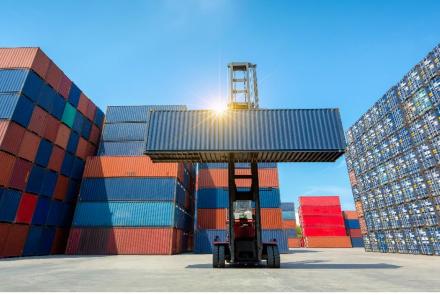 /Consolidation and deconsolidation of cargo prior to import and export are crucial elements in the supply chain process. Here, we review the world of "Container Freight Stations" that contributes to efficient sorting of goods and relieves bottlenecks at container ports and terminals.
/Consolidation and deconsolidation of cargo prior to import and export are crucial elements in the supply chain process. Here, we review the world of "Container Freight Stations" that contributes to efficient sorting of goods and relieves bottlenecks at container ports and terminals.



